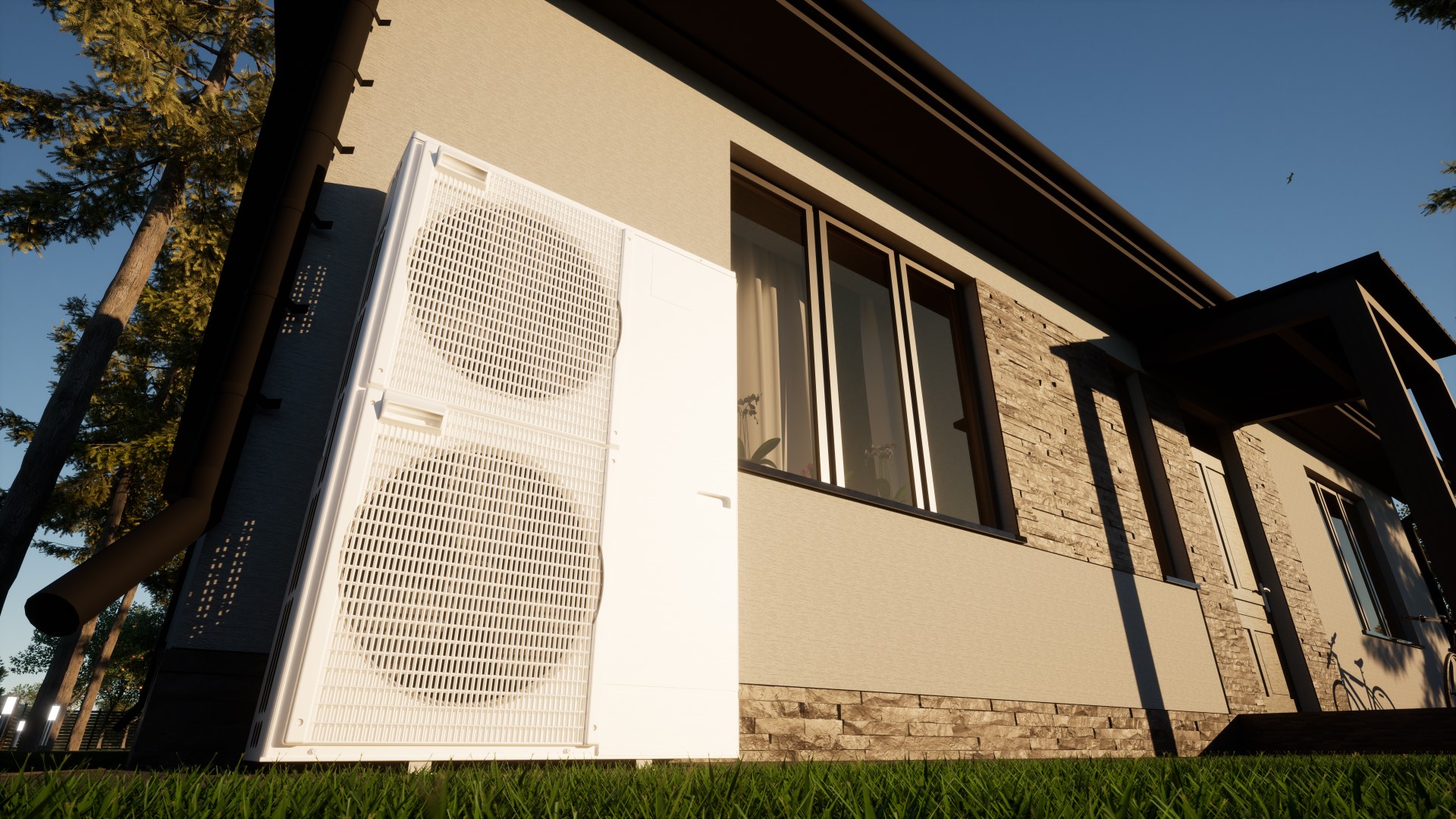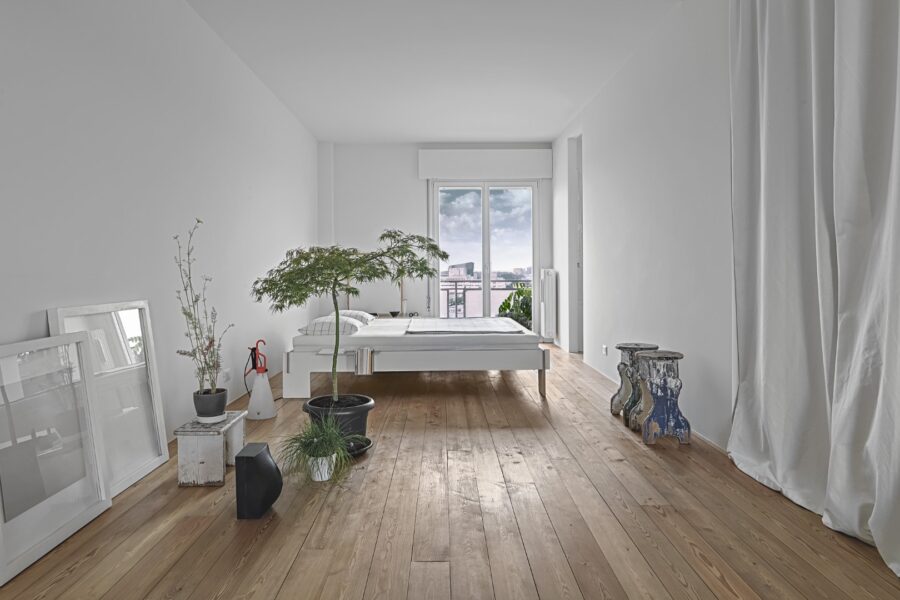A heat pump ensures your home stays cool during summer and warm during winter. Their exceptional performance and energy-saving features make them a favored choice among homeowners. For maximum benefit from a heat pump, homeowners must schedule regular checks and promptly address any detected issues.
If you find that your heat pump isn’t powering on, it’s advisable to inspect the thermostat, examine the components, and look out for any other potential problems.
Inspect Your Thermostat
The thermostat should be your first inspection point. It could be that the thermostat’s battery has depleted, leading to a shutdown. A power fluctuation or temporary outage might have disrupted its settings for hardwired thermostats.
Programmable thermostats may have been unintentionally switched off or reset. Smart thermostats could have lost their Wi-Fi connectivity, hindering their interaction with your heating system. There might be a loose or broken wire for outdated manual thermostats that aren’t responding.
Upgrading these older thermostats with a new programmable or smart one is a simple way to enhance convenience and save money on heat pump costs. Thermostat issues are fairly common but they’re typically inexpensive and straightforward to resolve.
Recognize Additional Indications of Problems
If you’re still struggling to figure out why your heat pump isn’t powering up, looking for other indicators of an issue is advisable. These could be manifestations like humming sounds, fluid leaks, or inconsistent operation.
For instance, if you manage to start the heat pump but it abruptly turns off after a brief period, this could be an indication that there is a failure in a significant part within the system. Recognizing these signs will facilitate an HVAC professional in diagnosing the problem with your heat pump and rectifying it promptly.
Check for Dirty Air Filters
When your air filters are heavily soiled and obstructed, they hinder fresh air flow to your unit. Consequently, your heat pump exerts more effort to keep your space at the set temperature. This additional strain may lead to overheating and an eventual system shutdown.
To assess the state of your air filters, take them out and hold them against a source of light. If light passes through without any blockage, this indicates that your filters are clean. However, it’s time for a cleaning session if the light is hindered. Rinse your filters in soapy water and let them dry naturally in the air.
Check the Emergency Shutoff
Electrical complications are another prevalent issue that might prevent your heater from turning on. You are advised to have a unique circuit breaker in your electrical panel. Inspect if the breaker has tripped and reset it as needed.
Continuously tripping breaker indicates a significant problem. If resetting the breaker gets your heater working again, monitor it closely for the next few days. Should the breaker persistently trip, it’s recommended to contact an HVAC professional to look into the matter.
Most heating systems come with an emergency off switch, which resembles a standard light switch. Ensure that this switch is set to the “on” position, then flip it back and forth to reboot your heating system.
Heat Pump Stuck in Freeze Mode
In certain climates, it’s not unusual to experience frost and ice accumulation on your heat pum p during the winter. A thin layer of frost is fairly typical and the unit should be able to clear this off by automatically activating its defrost mode.
Nonetheless, if your unit gets covered in a thick layer of ice or if the coils get encased in ice, this poses a more significant issue. An excessive amount of ice hinders heat transfer and disrupts the usual functioning of your heat pump.
The root of this heat pump issue could be a malfunctioning sensor, valve, or another component. It might also be due to issues with your fan motor or refrigerant levels.
Endnote
Heat pumps are designed to influence their environment, yet they are not immune to the effects of their surroundings. Certain elements can impact the performance of HVAC systems. Homeowners must be mindful of any susceptible parts and intervene when necessary. Although the previously mentioned troubleshooting methods can be beneficial in many instances, if issues continue, it’s advisable to seek assistance from a certified technician.
Discover more from Futurist Architecture
Subscribe to get the latest posts sent to your email.



